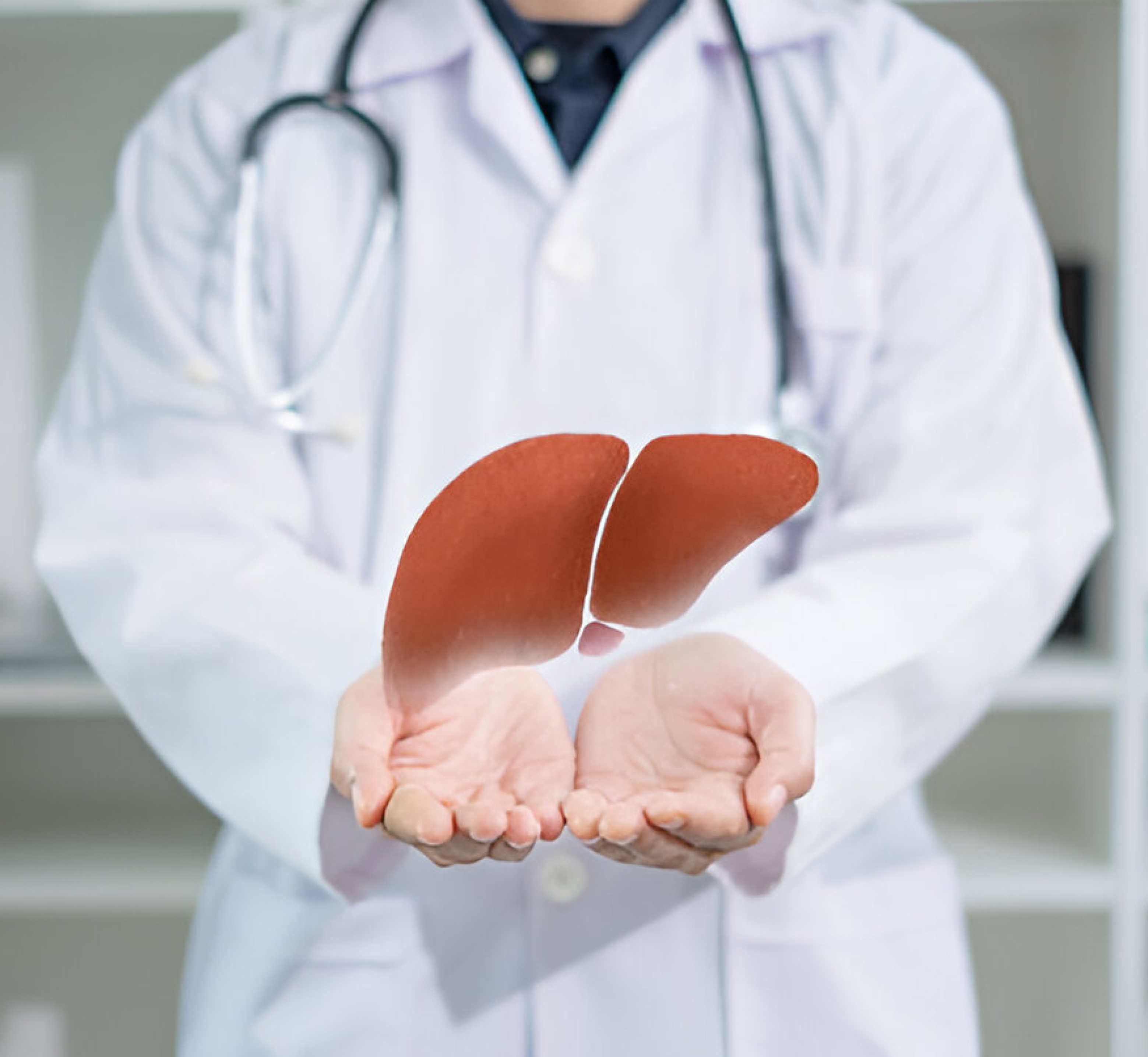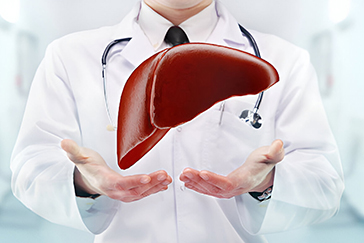 Book Appt.
Book Appt.
 Call Now
Call Now


Colorectal surgery has come a long way since its inception, evolving from traditional open procedures to minimally invasive techniques that have revolutionized patient care. Minimally Invasive Colorectal Surgery (MICS) employs advanced technology and innovative surgical approaches to address a range of colorectal conditions, offering patients reduced pain, shorter hospital stays, and faster recoveries compared to traditional open surgery.
One of the key innovations in MICS is the laparoscopic approach. This technique involves making small incisions through which specialized instruments and a camera-equipped laparoscope are inserted, allowing surgeons to navigate and operate within the abdominal cavity. The high-definition imagery provided by the laparoscope enables precise and meticulous surgical maneuvers, enhancing the surgeon's ability to perform intricate procedures.
Compared to open surgery, MICS offers numerous advantages. One of the most notable benefits is reduced post-operative pain. The smaller incisions in laparoscopic surgery result in less tissue trauma, leading to decreased pain and discomfort for the patient. This not only improves the overall experience for the patient but also contributes to a faster recovery and reduced need for post-operative pain management.
Additionally, MICS often leads to shorter hospital stays. With fewer complications and a quicker return to normal bodily functions, patients undergoing minimally invasive colorectal surgery are typically able to leave the hospital sooner. This not only reduces the burden on healthcare facilities but also allows patients to resume their normal activities and return to their daily routines more swiftly. Another significant advantage of MICS is the minimized risk of wound-related complications. In traditional open surgery, larger incisions are made, which can be more prone to infections, wound dehiscence, and other complications. In contrast, the small incisions in MICS reduce the likelihood of such issues, promoting better wound healing and reducing the need for extended wound care.
Furthermore, MICS often results in improved cosmetic outcomes. The smaller incisions and reduced tissue manipulation lead to less visible scarring, which can be a source of emotional distress for some patients. This aesthetic benefit can have a positive impact on the patient's body image and self-confidence during the recovery process.
Minimally Invasive Colorectal Surgery is not only beneficial for patients but also for healthcare systems as a whole. By minimizing the length of hospital stays and reducing the need for post-operative interventions, MICS can lead to significant cost savings. While MICS has transformed the field of colorectal surgery, it is important to note that not all cases are suitable for minimally invasive approaches. The complexity of the condition, the patient's overall health, and the surgeon's expertise all play crucial roles in determining the most appropriate surgical technique. In some instances, open surgery may still be the preferred option.
In conclusion, Minimally Invasive Colorectal Surgery represents a monumental advancement in the field of surgical care. Its numerous benefits, including reduced pain, shorter hospital stays, and improved cosmetic outcomes, have significantly improved the overall experience for patients undergoing colorectal procedures. As technology continues to advance, it is likely that MICS will continue to evolve, further enhancing patient outcomes and solidifying its place as a cornerstone of modern surgical practice.
SHALBY Sanar International Hospitals provides extensive medical procedures backed up with our state-of-the-art technology and a team of highly qualified & experienced clinical experts.
Our doctors pen down their research findings and experiences from time to time. Their words provide deep insight into the latest techniques, technologies and other advancements in healthcare. It provides expert answers to all kinds of health questions for real-life issues.
VIEW ALL




Since the day of its foundation, SHALBY Sanar International Hospitals is committed to provide comprehensive healthcare services. It regularly organizes awareness programs in its premises and encourages outdoor healthcare activities and camps with an intent to put focus on preventive healthcare.
VIEW ALL